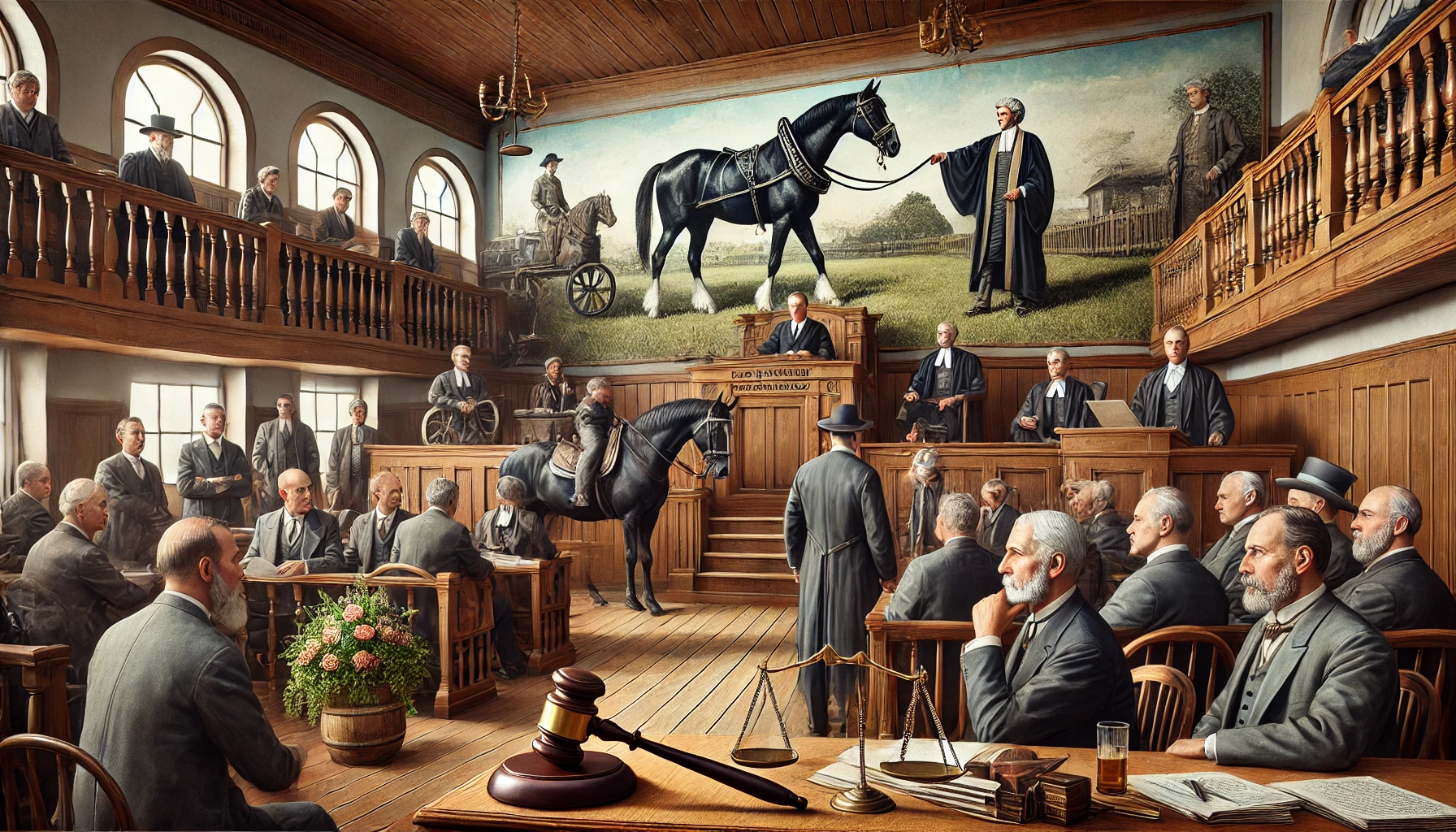Citation
(1862) EWHC CP J35
Court
Court of Common Pleas, England
Date of Judgment
12 January 1862
Bench
Hon’ble Justice Willes, Hon’ble Justice Keating
Facts of the Case
The case arose from a dispute between Felthouse, an uncle, and Bindley, an auctioneer. Felthouse had written to his nephew expressing his intention to buy a horse for £30, adding that if he did not hear anything further, he would consider the horse his.
The nephew did not explicitly reply to this communication but instructed Bindley, the auctioneer, not to sell the horse as it was meant for his uncle. However, Bindley mistakenly sold the horse at an auction. Felthouse sued Bindley for conversion, claiming ownership of the horse.
The central issue was whether the uncle’s statement, combined with the nephew’s silence, constituted a valid acceptance, thereby forming a contract of sale.
Legal Issues
- Can silence constitute acceptance of an offer in contract law?
- Was there a valid contract of sale between Felthouse and his nephew?
Reasoning of the Court
- Silence as Acceptance
- The court held that silence cannot constitute acceptance. An offer must be explicitly accepted through communication or conduct to form a valid contract. The nephew’s lack of reply could not be interpreted as consent to the terms of the offer.
- No Meeting of Minds (Consensus Ad Idem)
- The court emphasized the importance of consensus ad idem—a meeting of minds between the parties. In this case, the nephew’s failure to explicitly accept the offer indicated a lack of agreement.
- Role of Conduct
- Although the nephew had instructed the auctioneer not to sell the horse, this action alone was insufficient to establish a binding contract, as it did not amount to clear communication of acceptance to Felthouse.
Judgment
The Court of Common Pleas ruled in favor of Bindley. It held that no valid contract existed between Felthouse and his nephew as acceptance cannot be inferred from silence.
Significance of the Case
- Key Principle of Acceptance
- The case established the foundational rule that acceptance must be clearly communicated to the offeror to form a valid contract.
- Protecting Contractual Freedom
- It reinforced the principle that individuals cannot be bound to contractual obligations through silence or inactivity.
- Modern Application
- This case is widely cited to distinguish between implied conduct and explicit acceptance in contract formation, ensuring clarity in commercial and personal transactions.
Conclusion
The case of Felthouse v. Bindley remains a cornerstone of contract law, underscoring the necessity of clear acceptancefor a valid contract. It highlights the protection of parties from unintended obligations and ensures fairness in contractual dealings.

